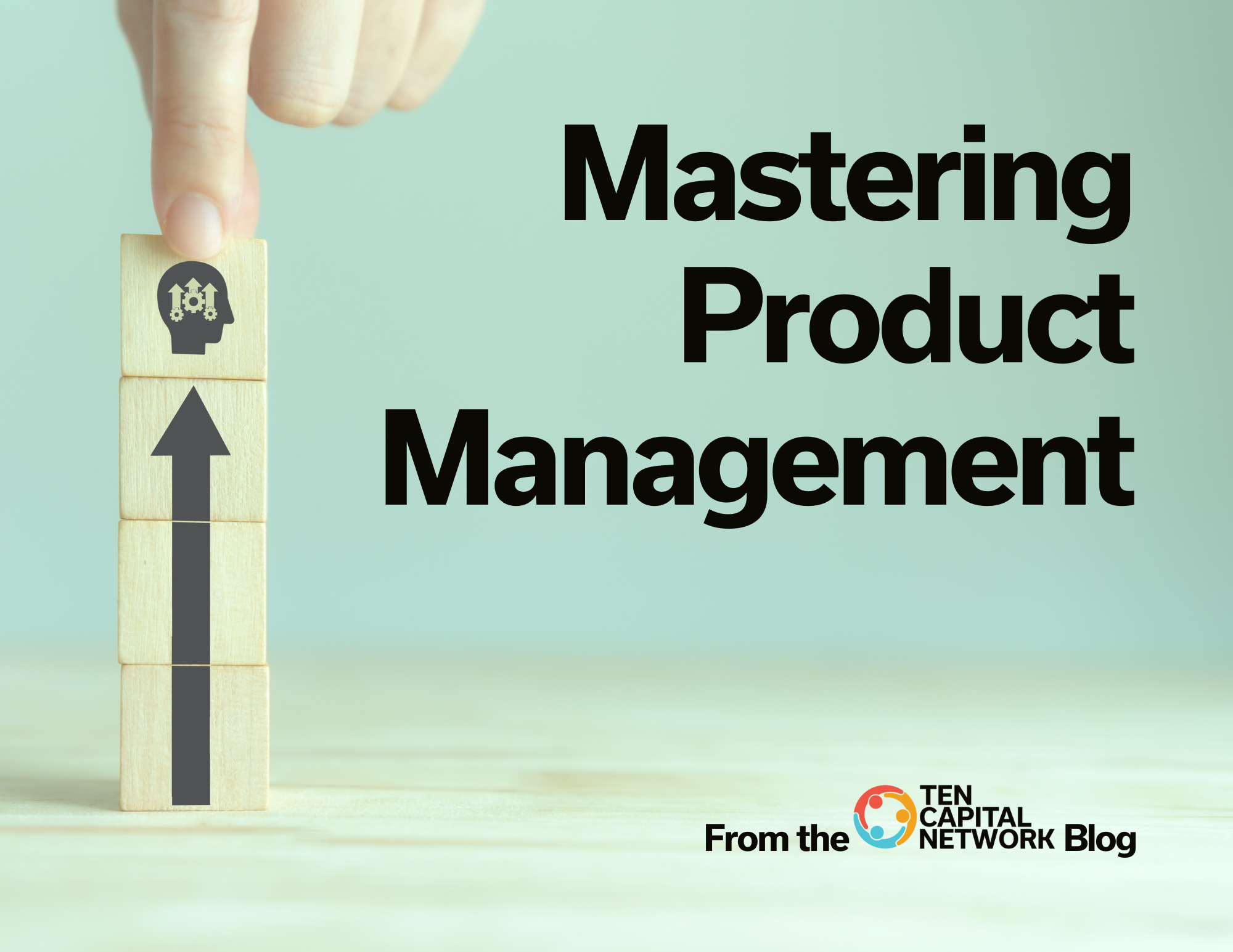3 min read Working with a corporate venture capitalist can be a great way for startups to gain traction. If you have begun working with a VC or are considering beginning an investment relationship with one, read the following tips below to ensure you get the most out of your business deal.
In working with corporate VCs, follow these best practices:
Corporate venture capital is an existing business utilizing venture funding to further the company’s strategic objectives. The firm takes an equity stake in startups either through an internal fund or off the corporate balance sheet.
Unlike traditional venture capital, corporate VCs look to gain a competitive advantage for the company and not a financial return.
These initial investments often lead to a buyout of the startup. The investment is a useful tool for diligencing a startup and influencing its direction.
There are some corporate VCs investing for a return on investment rather than strategic initiatives, but this is rare. Most corporate VCs make investments with the goal of winning more business for their current product and services.
It’s a useful method for exploring new markets without committing substantial resources from the corporation.
Pros and Cons of Working with VCs
- Consider access to the R&D departments of the corporate VC and how much value that will add to your startup.
- Document your work and innovation in great detail as corporate VCs will want to understand the technology and the ecosystem in greater detail than traditional VCs.
- Proactively educate the corporate VC on your technology and what value it can bring.
- Adjust the amount of funding you take from the corporate VC so as to control the amount of influence they have over the startup.
- Understand the timeframe of the corporate VC engagement. In many cases, it’s much longer than the traditional VC.
- Know your exit strategy and what comes after the relationship with the corporate VC ends or reaches a steady state.
- Leverage the relationship with the corporate VC for partnerships.
- Utilize the brand of the corporate VC to help gain access to customers.
- Expand your domain knowledge through the resources of the corporate VC such as attending conferences, collaborating on white papers, and working on research projects.
- Use the corporate VC funding to gain access to additional funding outside the corporate world.
Mistakes Companies Make with VCs
Avoid the following mistakes when setting up the VC arm of your company:
- Don’t treat the corporate VC arm as purely an acquisition pipeline. There are several other ways to gain value from a corporate VC structure than just recruiting target acquisitions.
- Don’t entirely avoid taking risks in selecting startups to pursue. The startup world has a higher level of risk involved than what most large companies find normal.
- Avoid refusing to accept the fact that there will be failures and avoid planning for it. Most companies want to succeed at everything. In the startup world, there is a high failure rate and there must be a program to manage those failures.
- Don’t neglect to give the startups enough time to develop and mature. Startups can take several years to develop a meaningful product. Most VC funds are set up for a ten-year cycle. Make sure your company is committed to at least that time frame for running a corporate VC program.
- Be careful not to treat the corporate VC arm as a business development unit. The VC arm should be working on next-generation technologies and not just the current generation.
- Don’t require a majority stake as it can be difficult to negotiate and support. Minority stakes are a better fit as it brings other investors into the process.
- Avoid lowballing the budget. True innovation is not cheap or easy.
Read more in the TEN Capital eGuide: https://www.startupfundingespresso.com/corporate-venturing-2/

Hall T. Martin is the founder and CEO of the TEN Capital Network. TEN Capital has been connecting startups with investors for over ten years. You can connect with Hall about fundraising, business growth, and emerging technologies via LinkedIn or email: hallmartin@tencapital.group





